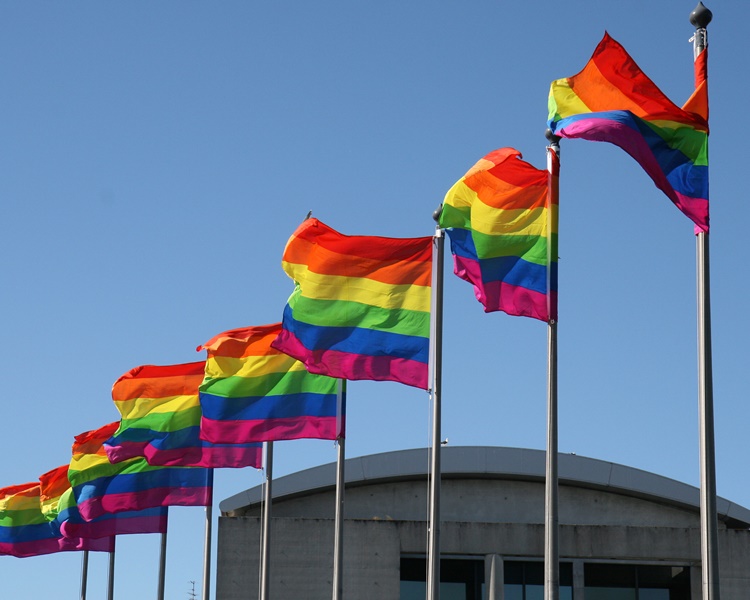The national queer organization of Iceland, Samtökin ’78, will hold a national assembly of the queer community, “Samtakamátturinn” 2017, at Reykjavík City Hall on February the 11th. Time to form a policy for the future, says chairman.
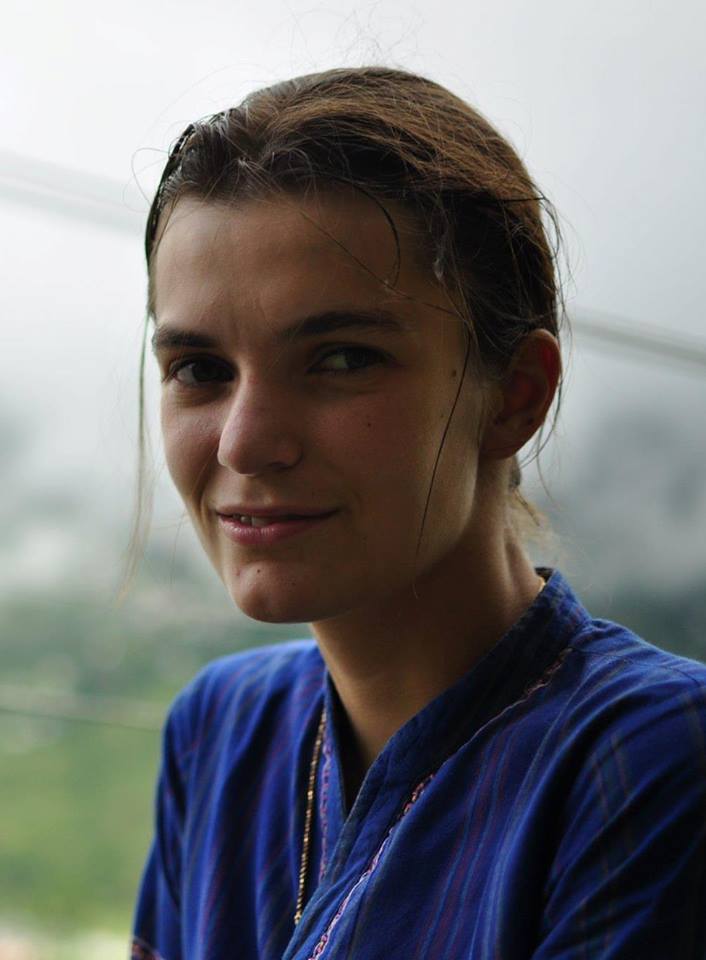
“In an organization like Samtökin ’78 it’s vital to maintain a regular dialogue with it’s members and others that are affected by the organization. This dialogue can happen in various ways but one of the most fun and rewarding part of the job is to bring everyone together and exchange experiences and knowledge,” says María Helga Guðmundsdóttir, chairman of Samtökin ’78. The organization will hold a national assembly of the LGBTIQAP+/queer community, called “Samtakamátturinn 2017”, at Reykjavík City Hall on February the 11th – the first one in almost four years.
“Now it’s time to convoke the coalition of queer people and it’s supporters, talk things through and form a policy for the future,” she adds.
This assembly has been on the agenda for quite some time but why is it held now? Is it because of altercation within the organization that was well covered in the Icelandic media?
“This feud has of course pushed us to roll up our sleeves. Various viewpoints and ideas were presented during the course of these altercations, both regarding the policy of Samtökin ’78 and how the queer community as a whole should exist in the country. We hope that most people will get the chance to let their voices be heard at this assembly and that viewpoints and experiences of others will be listened to. Furthermore, that we can together form the policy of the organization for many years to come,” says María.
“We hope that most people will get the chance to let their voices be heard at this assembly and that viewpoints and experiences of others will be listened to.”
The first national assembly was held in 2013, on the 35th birthday of Samtökin ’78. Among issues raised there were: More education on queer matters, both for professionals and the public, the need for a social platform for queer senior citizens, research of queer health, more queer visibility in culture and an ongoing battle for trans rights in the health care system. These matters, and various others, are still being worked on but María says that little has been gained in the queer rights battle since 2013.
“Besides changes in article 180 of the General Penal Code, where it states that a person can’t be refused delivery of goods or service based on gender identity or sexual orientation, not much progress has been made when it comes to the legal rights of queer people,” she says and goes on.
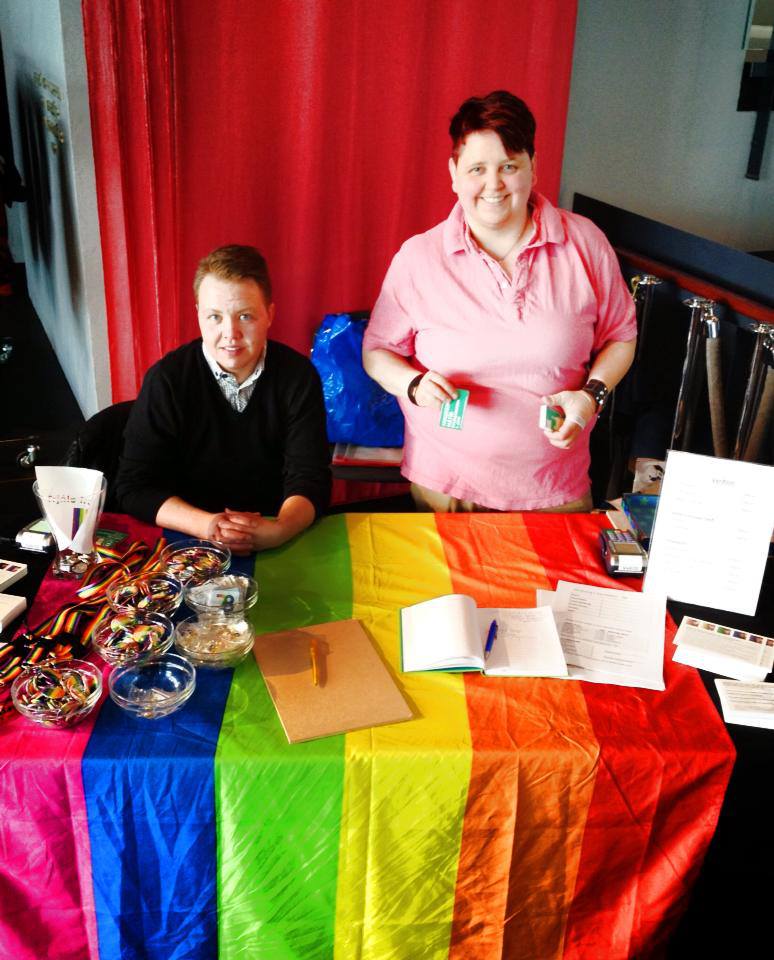
“The biggest progress in the rights battle during this time has been in increased visibility and better social status for queer people in the community, not least amongs trans people. A great emphasis on education, both at Samtökin ’78 and at other non-governmental organization and mediums, has been fruitful. The awareness of the existence of intersex people has also increased massively following the founding of Intersex Iceland in 2014, even though the rights of this social group to physical immunity, is still not recognized by law.”
María stresses that the fight for queer legal rights is still ongoing. “A human rights battle is a complicated phenomenon which takes place in various fields. The first thing that most think of are legal rights, and that’s where queer people fall short,” she says.
“There is, for example, no collective equality legislation that bans discrimination in every field based on all discriminative variables. The only equality legislation we have bans discrimination on the basis of sex. Fundamental points regarding trans and intersex rights to the appropriate health care are still missing. The right of same-sex couples to adopt are there, on paper, but no contracts have been made with countries that allow them to adopt children. Moreover, men who have had sex with other men are still forbidden to donate blood, even though many of our neighboring countries have alleviated that ban for the most parts,” she says and adds that the human rights battle isn’t only fought within the legal system.
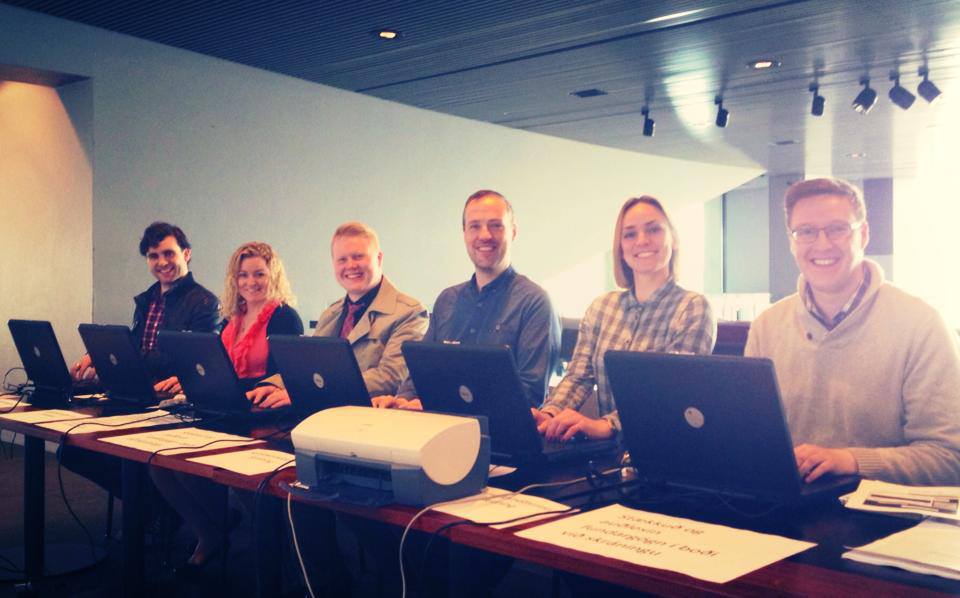
“Queer youths often experience more melancholia than their peers. Research in our neighboring countries show that older queer people are often socially isolated and have a more difficult time than their peers,” she says and emphasizes that education is needed.
“Education on queer matters has to reach both the public and professionals in all fields of the society. The educational system plays a key role in that. It’s important that the curriculum in
“Besides changes in article 180 of the General Penal Code … not much progress has been made when it comes to the legal rights of queer people.”
elementary schools takes into account the existence of queer people and that teachers, health care professionals and other public officials get education on queer matters.”
We go on to talk about the rights of queer asylum seekers that turn to Samtökin ’78 for help, mostly men living in critical conditions.
“They are faced with an ongoing risk of being deported to countries where they live in more uncertainty than here. In this country they are often placed in an environment where they are met with a lot of prejudice and face threats in addition to the adversity that asylum seekers have to suffer in general.”
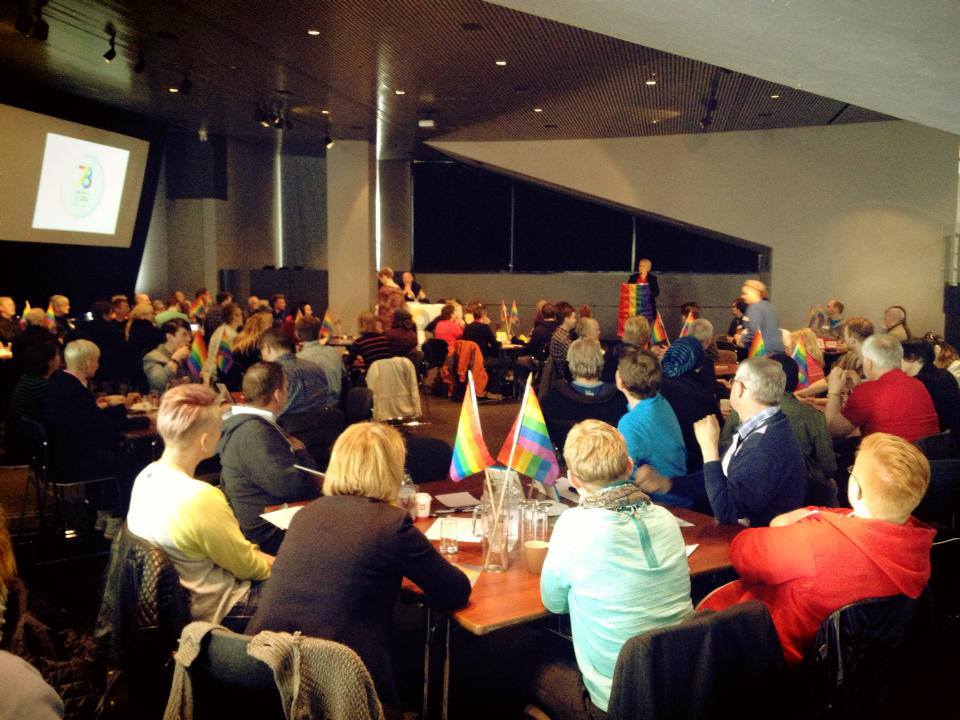
Note: It should be pointed out that the discussions will not only be in Icelandic, but in English as well. Everyone is welcome and all venues are wheelchair-accessible. Those with any other accessibility needs can contact Samtökin ’78 at samtakamatturinn@samtokin78.is

